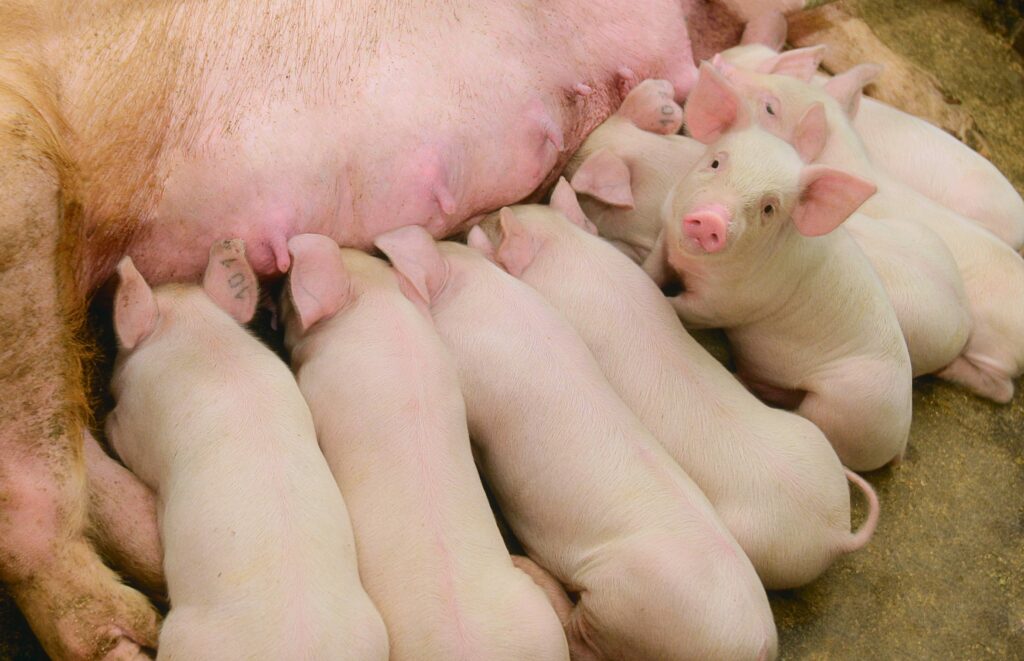Production costs are very high. This is not the time to allow unproductive animals to remain on the farm. Farmers are urged and advised to reduce the number of pigs to a manageable size and to cull all unproductive pigs.
Farmers often ask which market is the best. We believe the best market is the one that gives you the highest price. Many farmers have not just been hit by lower prices, but also the inability to market at all. In instances where the farmer can be both a producer and retailer, they are advised to do so. This, however, is to be practised while following all relevant health and food safety regulations.
It has become very expensive to feed pigs to market age. Consider using alternative feed such as fruits and vegetables, as well as dairy, grain, and other by-products. Be careful not to feed kitchen waste containing pork products, as this can be a possible risk and source of ASF.
ASF remains the biggest challenge to pig farmers. The only solution lies in the implementation and maintenance of appropriate biosecurity measures. Transportation of animals, feed, and medication remains the highest source of risk. It is important to thoroughly wash and disinfect vehicles before entering your premises, and where possible, do not allow any vehicles inside your biosecurity fence. Isolate newly bought pigs and do not mix them with the herd until they have been proven to be ASF-free.
This is the time when farmers should stand together more than ever. Small farmers in the same vicinity can club together for purchases of inputs in bulk rather than individually. We remain thankful to farmers who still welcome us to their farms. This is not only for production advice but also for moral support. We remain hopeful that the current situation will get better.
The South African Pork Producers’ Organisation (SAPPO) coordinates industry interventions and collaboratively manages risks in the value chain to enable the sustainability and profitability of pork producers in South Africa.








